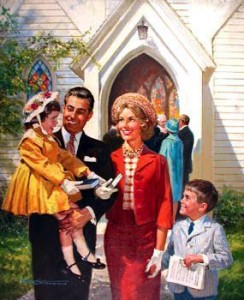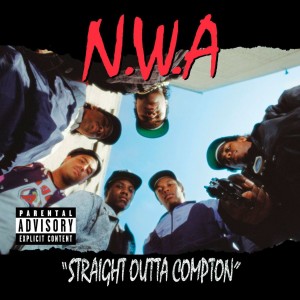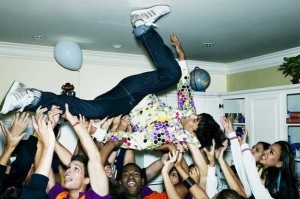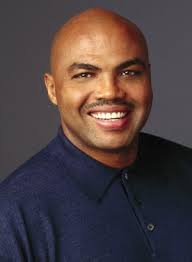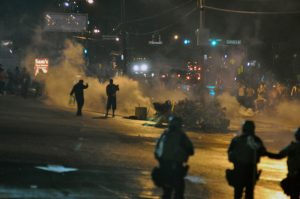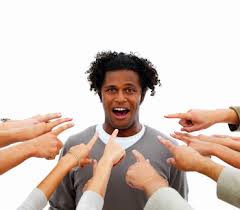If there is one thing that the candidacy of Donald Trump has taught us, it is to never count him — or his followers — out.
The man emerged as a joke candidate last summer, who was supposed to have collapsed into his own hubris by August… or October… or Christmas at the latest… but certainly no later than spring 2016… right?
Well, despite recent troubled times for his campaign, Trump is still the unquestioned frontrunner for the GOP nomination.
Therefore, we must be skeptical of the latest analysis that “without an extraordinary reversal — or the total collapse of whoever becomes his general-election opponent — Mr. Trump could be hard-pressed to win more than 200 of the 270 electoral votes required to win.”
However, let’s assume that sanity will finally grip the American people, and they will decline to elect a megalomaniacal racist with misogynistic tendencies who has no idea of how the government actually works.
Whew — that was a close one!
But then we will have to confront another issue, which is “where will all that anger, which has been slowly building among America’s white working class for half a century, go once it is left without a viable political outlet?”
It’s a valid question, and one that has led some commentators to theorize that “we may already be getting a chilling preview of a possible post-Trump future in the spasms of seemingly random gun violence” and that we may be forced to endure “a flood of white violence and anger” starting in 2017.
OK, that doesn’t sound so good.
Unfortunately, it’s also quite possible. As we know, Trump rallies are to violence what Taco Bell is to college students with late-night munchies.
And when it comes to guns, studies show that “racial prejudice influences white opinion regarding gun regulation,” implying that bigoted people are more likely to be carrying.
So will we see hordes of angry racists strolling around cities, taking shots at ethnic minorities?
Maybe, but probably not.
You see, another possibility — the far more optimistic one — is that we are witnessing the final pathetic spasms of overt bigotry in American life, or at least prejudice on a grand scale.
Yes, racism will always be with us. Trump losing isn’t going to make it magically disappear.
But I’m talking about the death of right-wing demagoguery that baldly appeals to Americans’ worst natures. After Trump’s expected flameout, will any other candidate seize upon the man’s failed ploy to inflame racial tensions? More likely, the GOP will finally listen to the advice of political experts who point out that the infamous Southern Strategy has reached the end of its obnoxious lifespan.
With the GOP of 2020 playing nice, right-wingers may finally realize that the game is over, and that all their efforts to “take America back” are futile.
Once they see they are outnumbered and cannot win elections against moderates and those damn liberals, they may finally give up and accept a changed America, albeit with an angry and sullen fury that makes teenage girls seem like calm and rational debaters. Reduced to a dwindling demographic of cranky elderly people who miss the good old days, they will, with each passing year and each fresh batch of multiethnic babies, become less relevant, to the point of political and cultural impotence.
It bears repeating, of course, that most of Trump’s supporters aren’t racists. But the man’s appeal to white supremacists is undeniable, as is his connection to Americans who have issues with blacks… and Latinos… and Muslims… and a few others.
It is those individuals, the proudly prejudiced and the so-called politically incorrect, who will pack up their Make America Great Again signs and whimper off into oblivion.
Well, that’s the hope, anyway.

